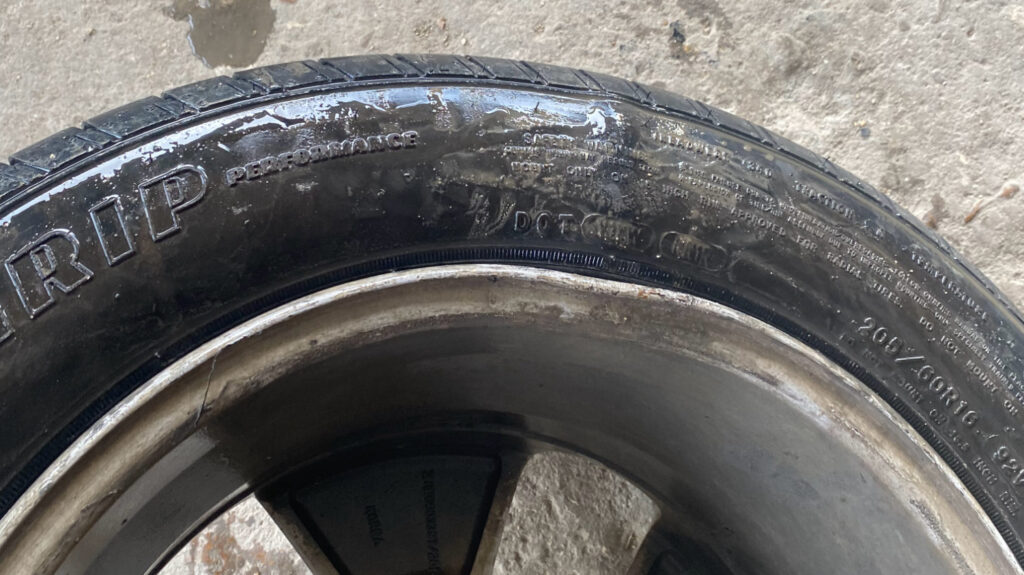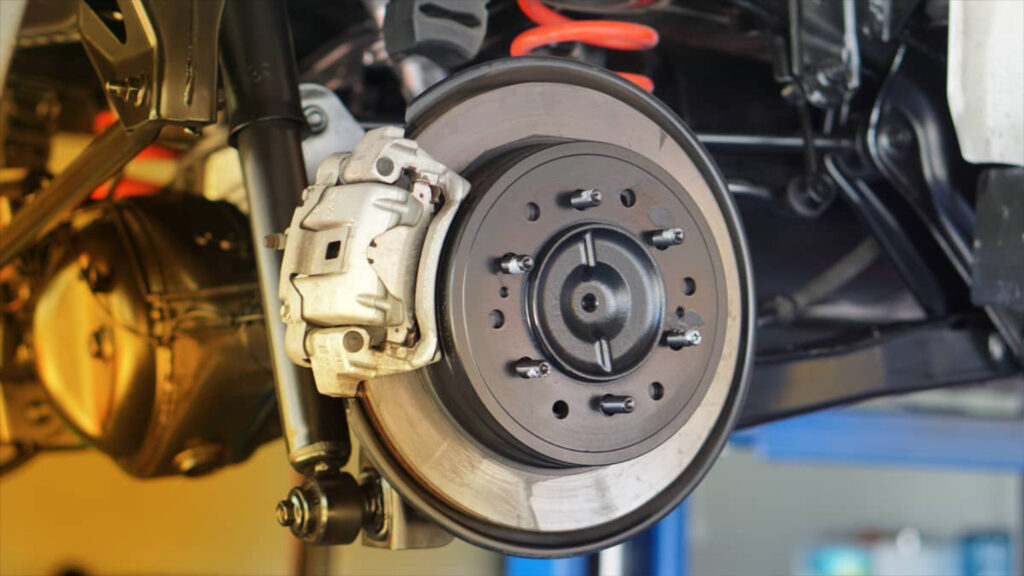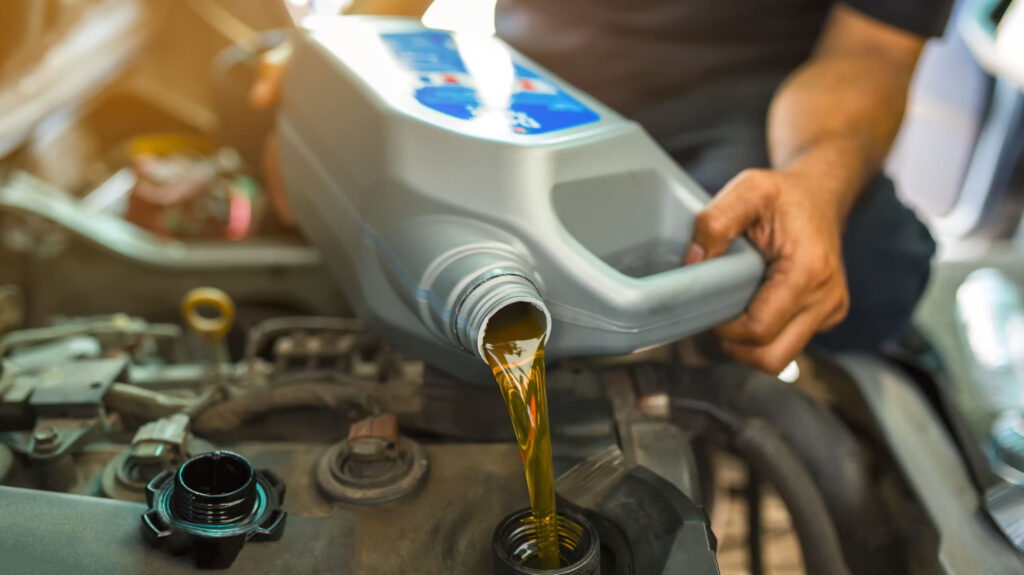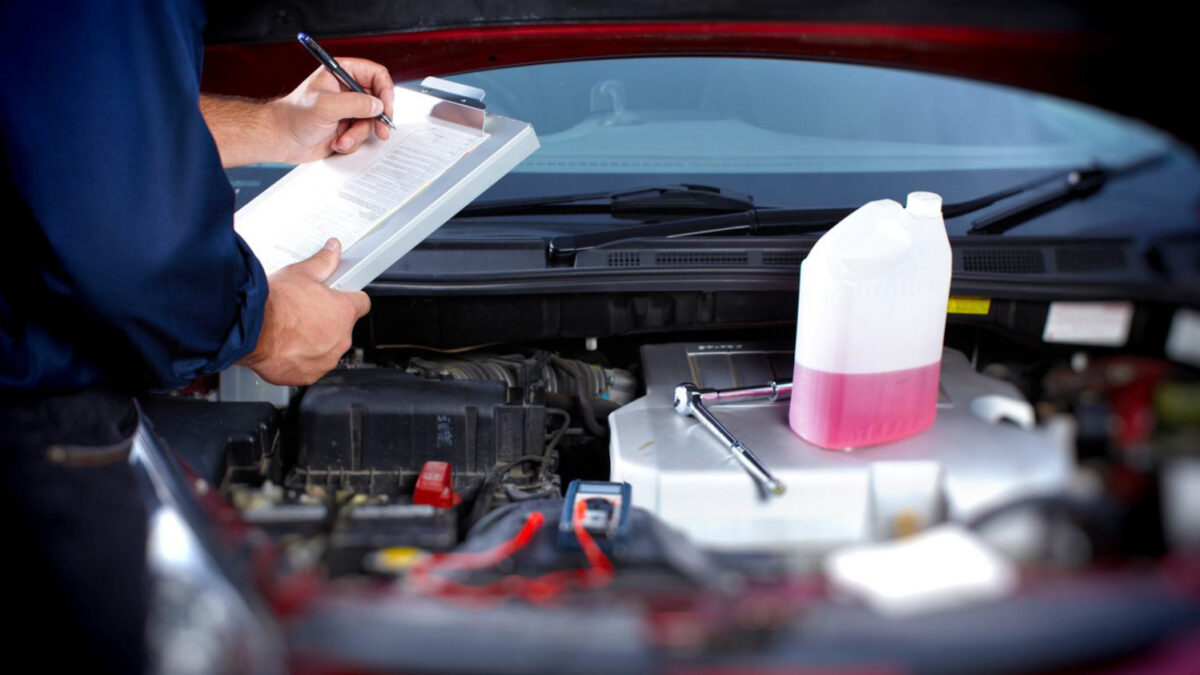Most vehicles come with a certain set of instructions regarding how to maintain them, the owner’s manual. This set of instructions on how to maintain our vehicles is like commandments straight from the manufacturer. Even so, with our busy schedule and the increased cost of living, maintenance might not seem like a priority. Necessities such as tire inspection, oil changes, checking under the hood, and other similar regular maintenance should not be overlooked.
Unfortunately, by putting these things off you are risking a bigger inconvenience to your schedule and budget by having your car breakdown. Consider the following maintenance tips to help you keep your car in tip-top condition.
Tires and Tire Pressure

Tires are like shoes for your vehicle so you should check them regularly (at least once a month). Check your tire pressure, inspect the threading, and look for bulges. Vehicles are not as stable when the tire pressure is out of whack or worn down. Each size tire has a recommended tire pressure marked on the side.
Maintaining that particular pressure in the tire will prolong the life of the tire as well as provide ease of driving. Proper tire pressure aids your vehicle performance during braking, and cornering which means your safety is increased. Likewise, a properly maintained tire can improve overall mileage.
The process is easy and free as long s you invest in a small tire pressure gauge which is very inexpensive. When you stop for gas and the tank is filling up, simply check all of your tires to ensure the proper air pressure. Some stations will offer a complimentary check if you ask.
Brakes

Like tires, your brakes are one of the most important aspects of your car. They allow you to avoid accidents daily by slowing the vehicle down when you need them to. Because of this, you need to be extra vigilant when it comes to your brakes. Most often, you can tell when it is time to change the breaks by monitoring certain signs.
When your breaks start squealing or not slowing your car as quickly as necessary it might be time for an inspection. Don’t put it off! Use your lunch break, or whatever time you have to get them inspected or changed immediately. Additionally, each time you get your oil changed, ask for a full inspection including your brakes and top-off brake fluid if needed.
Oil Change

Your car needs an oil change every 3,000 to 10,000 miles. This recommendation is dependent on the way you drive, your age, and the condition of your vehicle’s engine. Likewise, highway driving versus in-town driving and a variety of other factors play a role.
If you are unsure where you fall on this scale you should probably change your oil every 5,000 miles on average. Of course, a small percentage of individuals fit into the high and low ranges of the above demographics, but every 5,000 miles is a good round number for an oil change.
There are many other aspects of your car that need regular maintenance and upkeep. We have just covered some of the basics so make sure you keep track and follow the manufacturer’s suggestions.
By following these tips you will spend a small portion of the day and keep your car running safely for a very long time.

